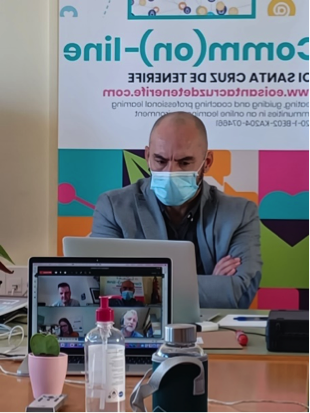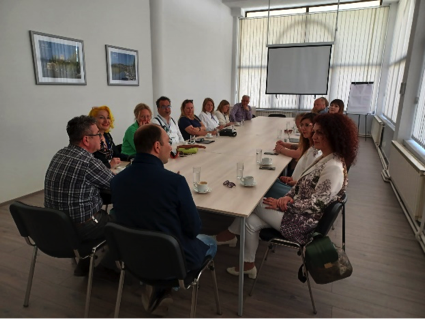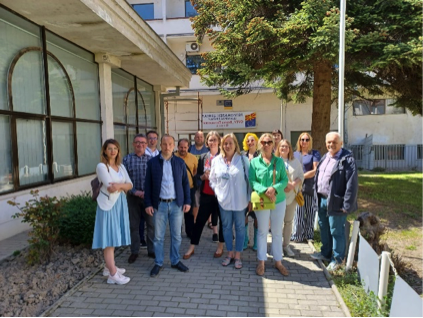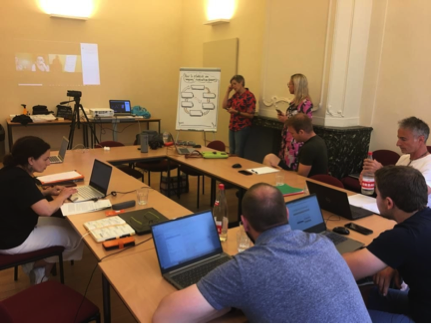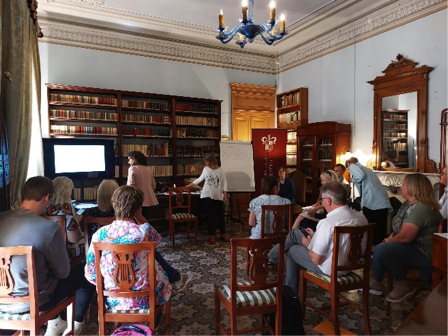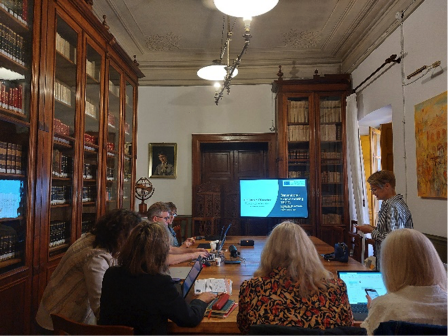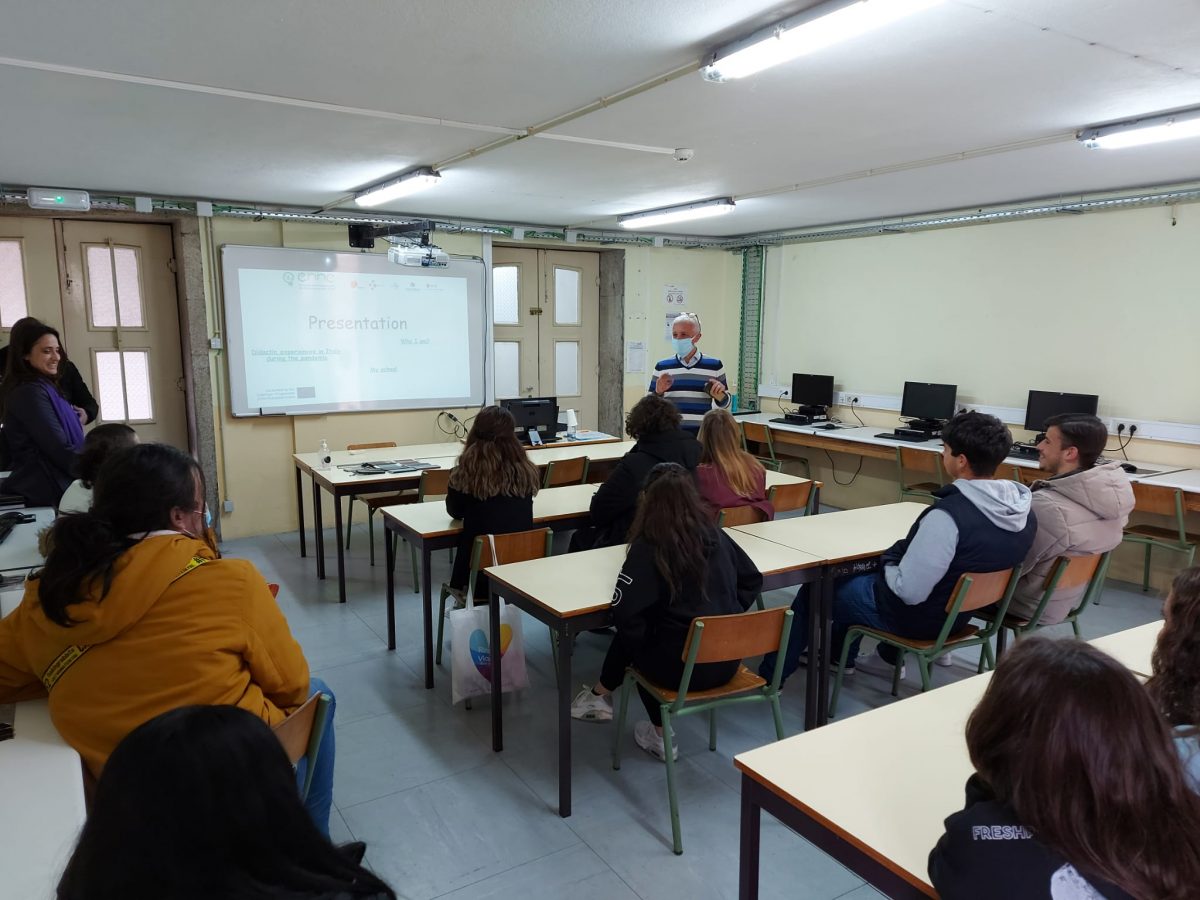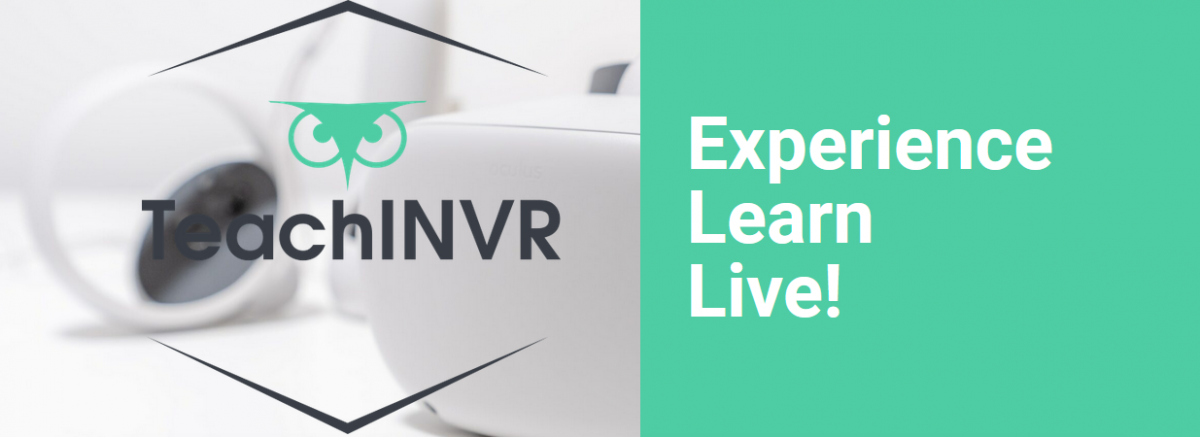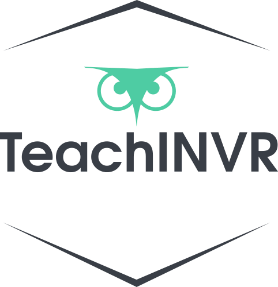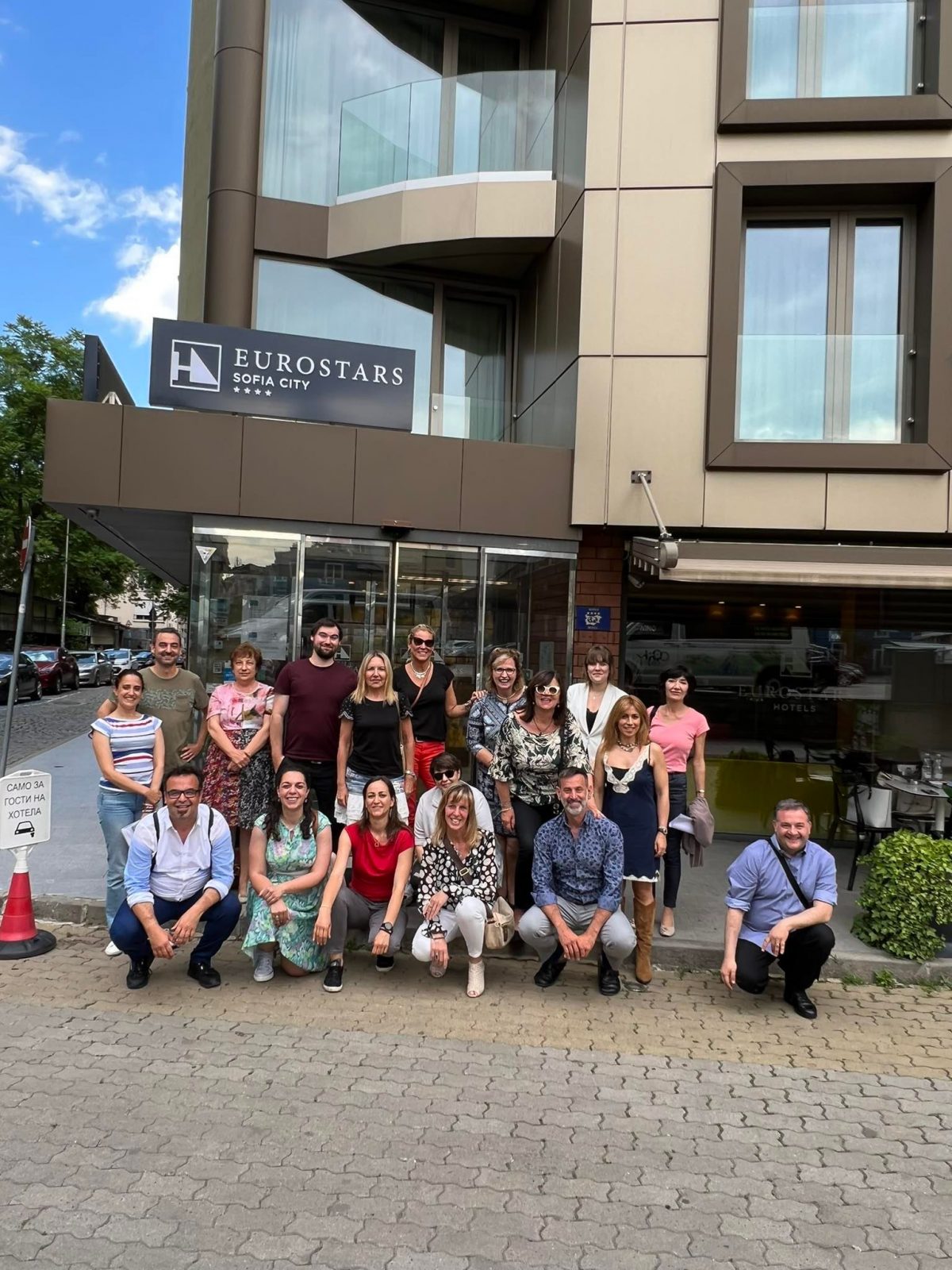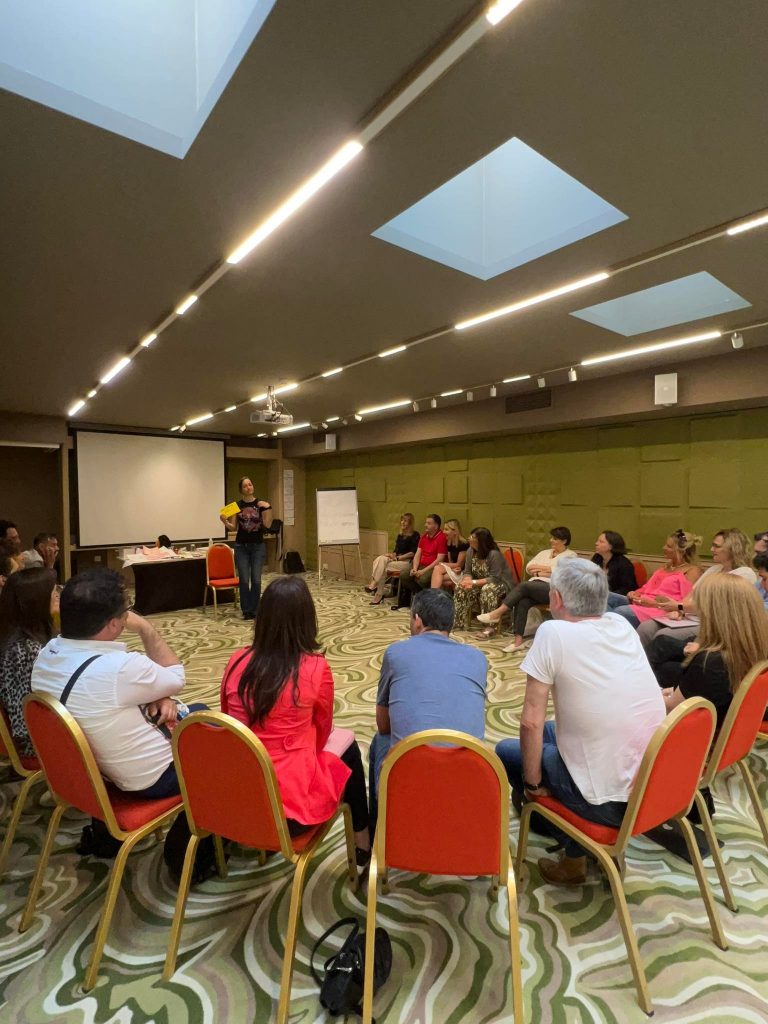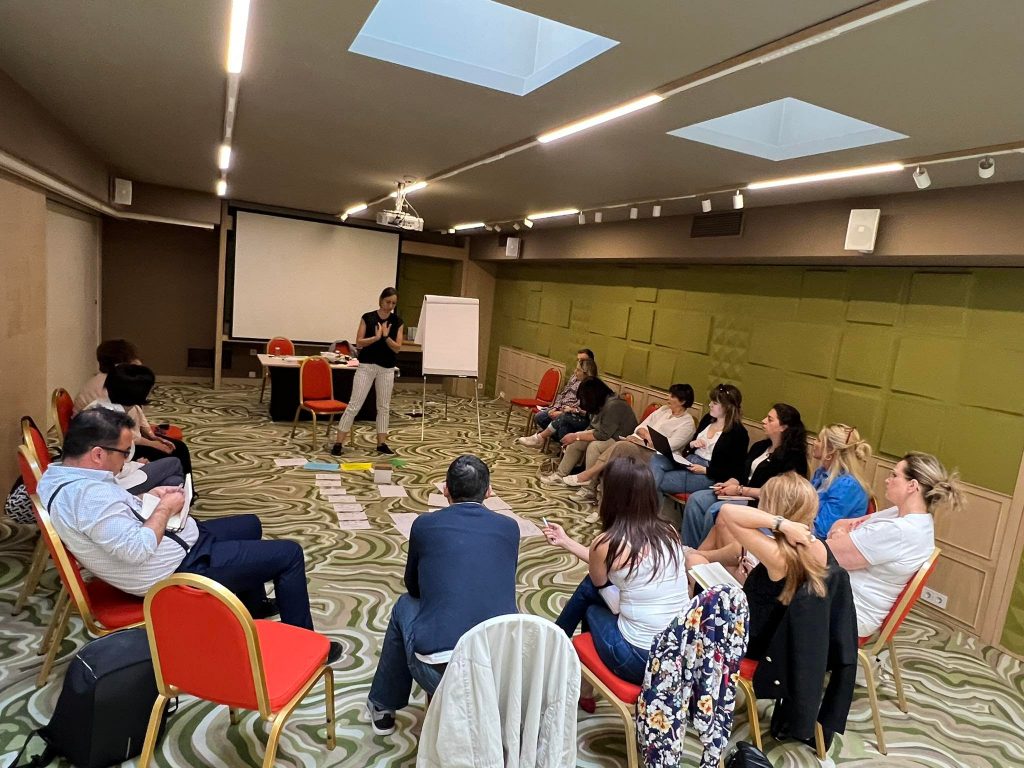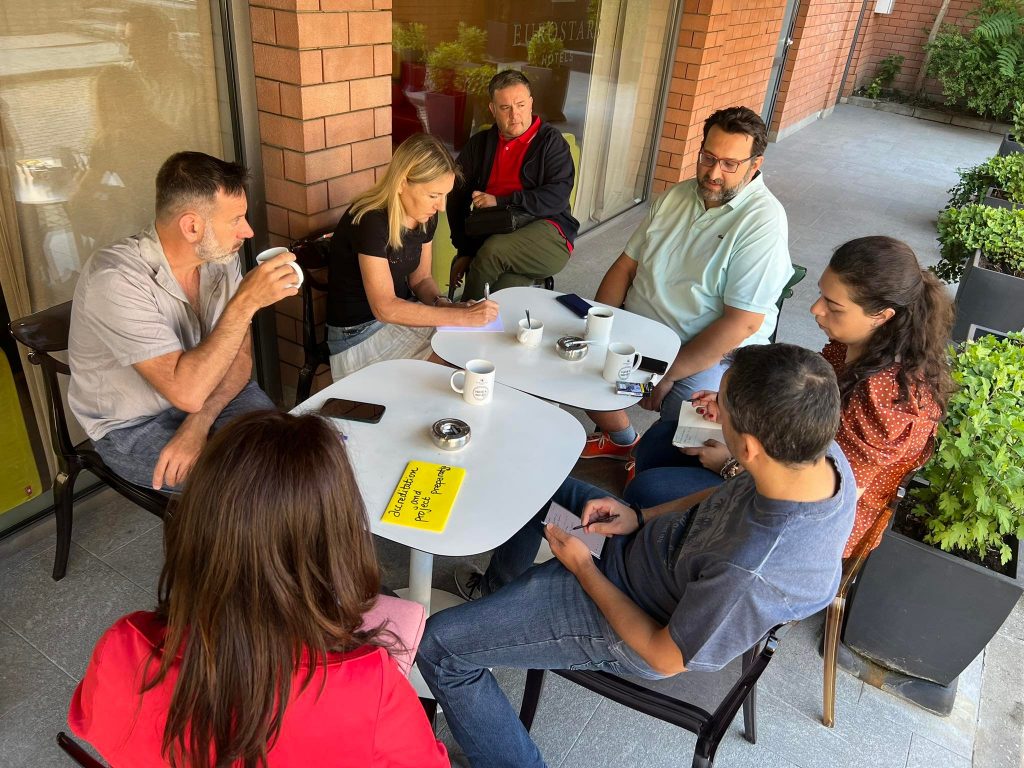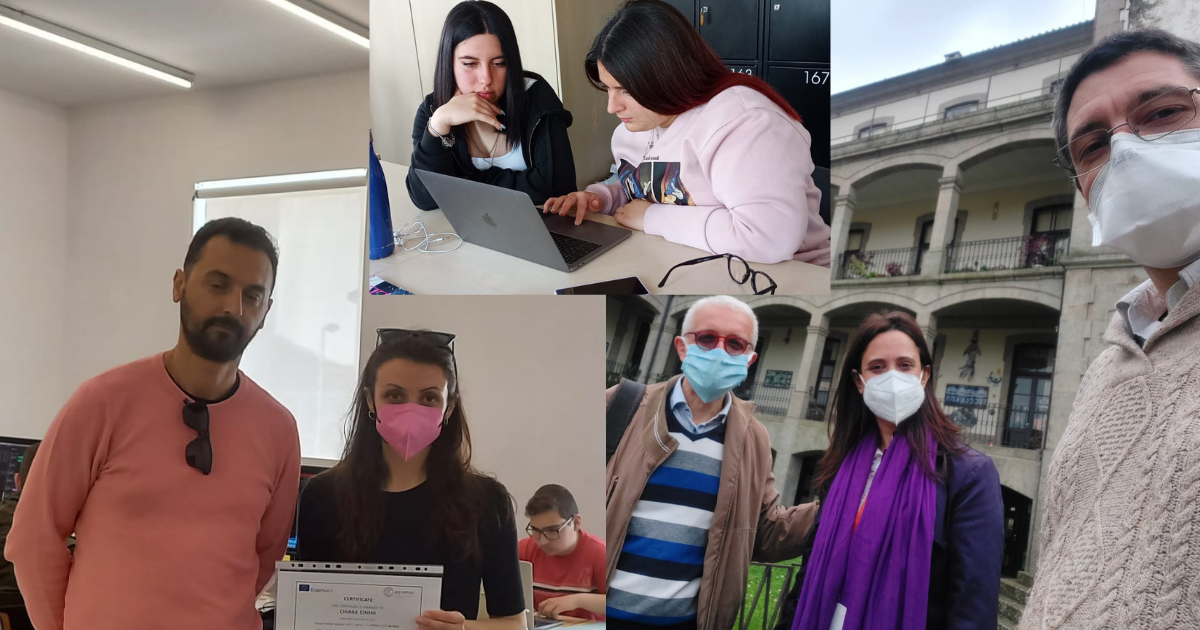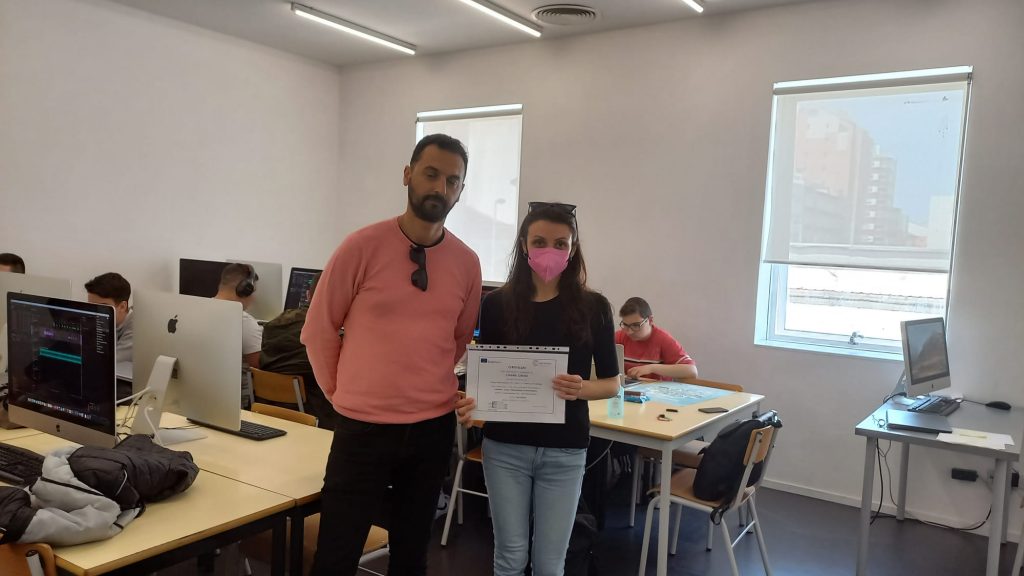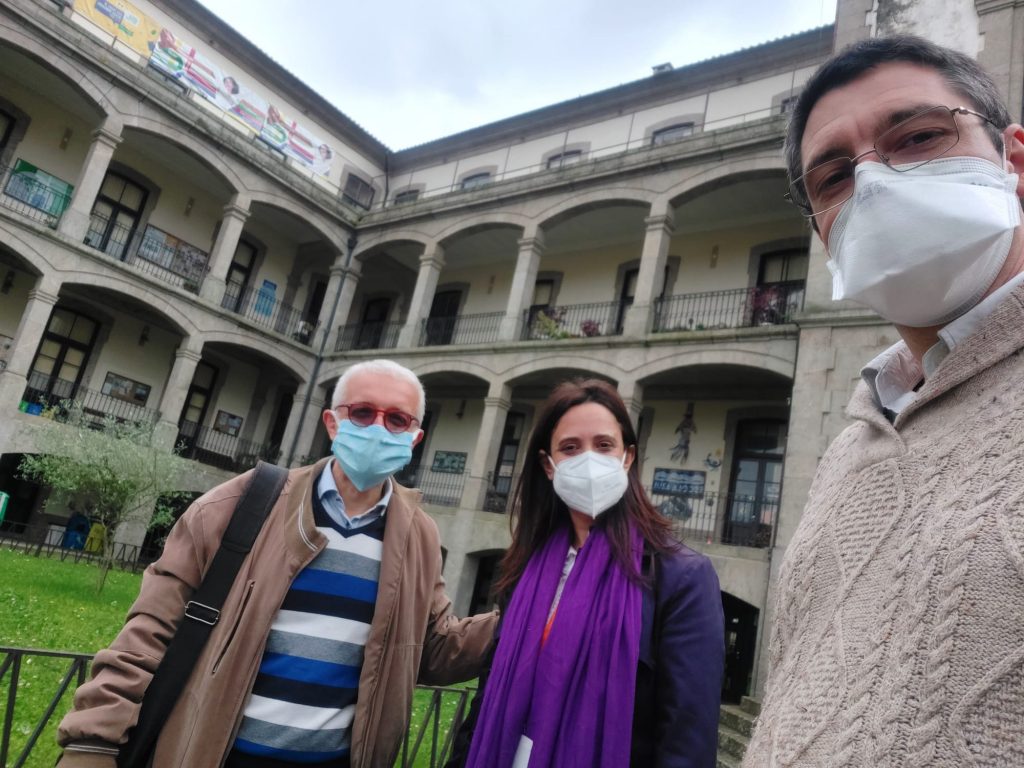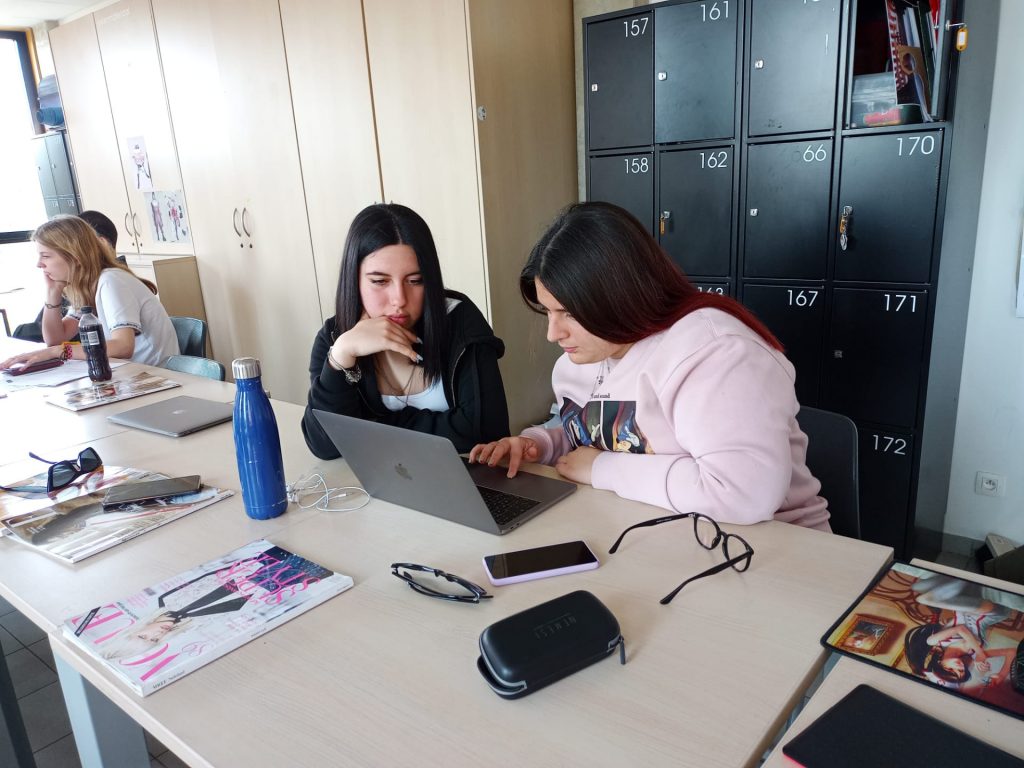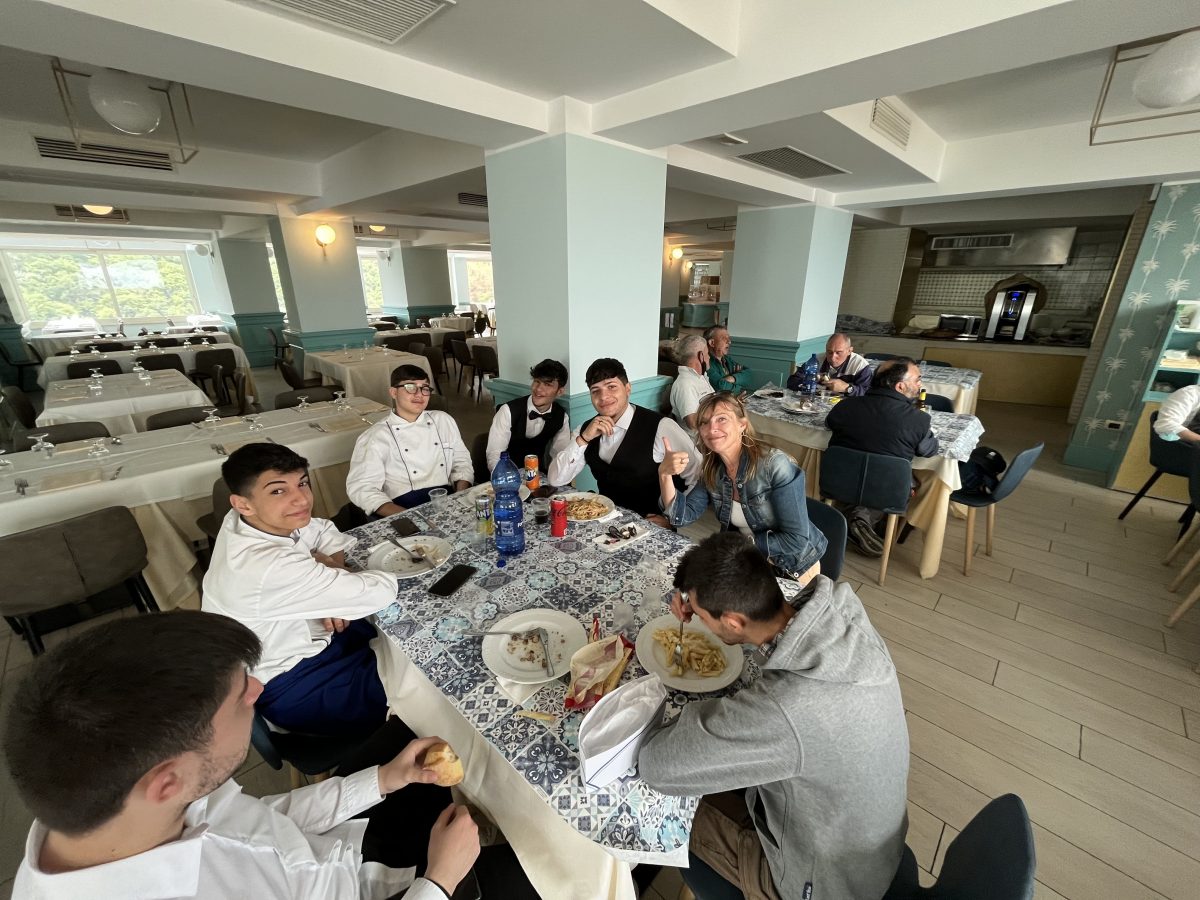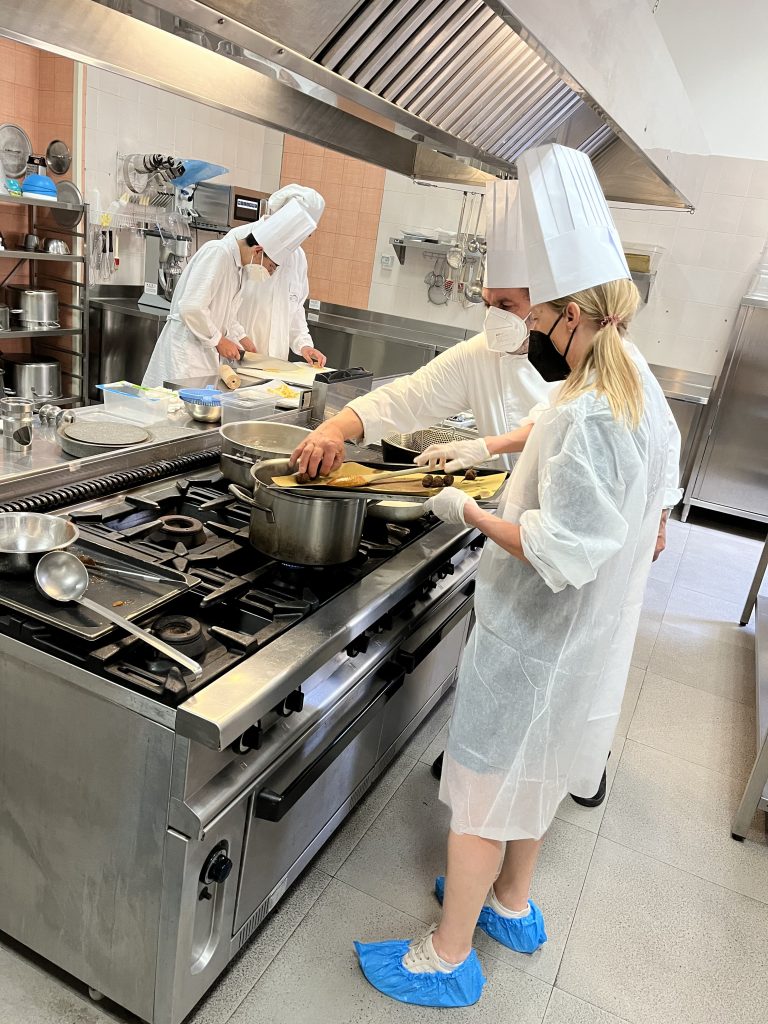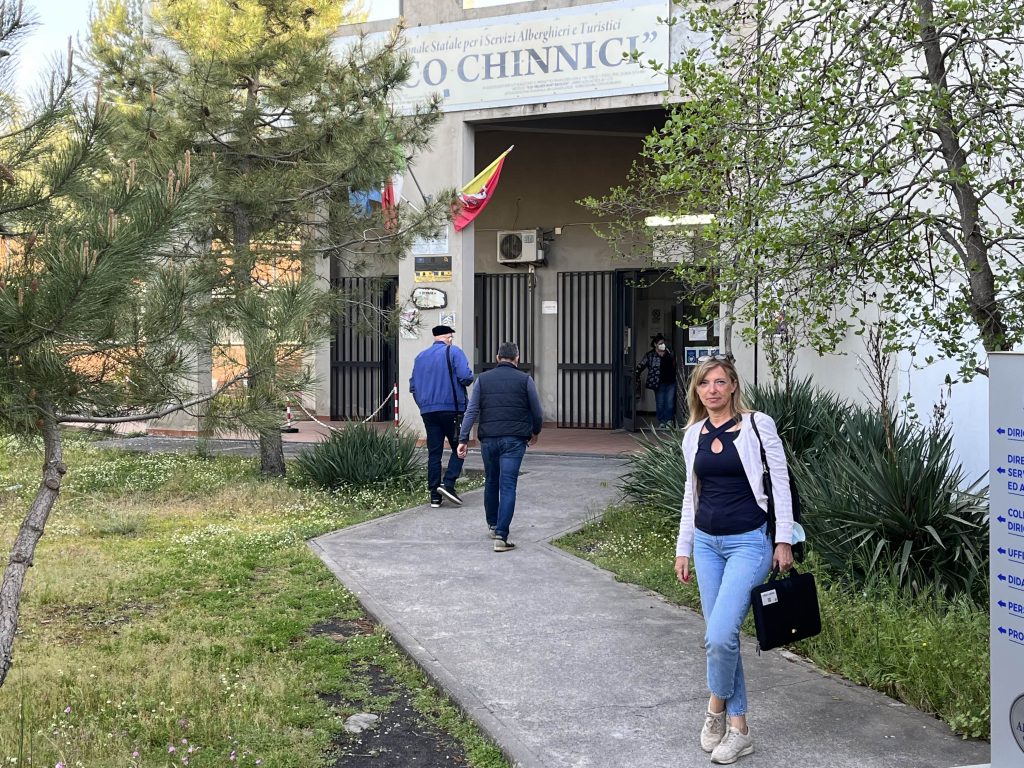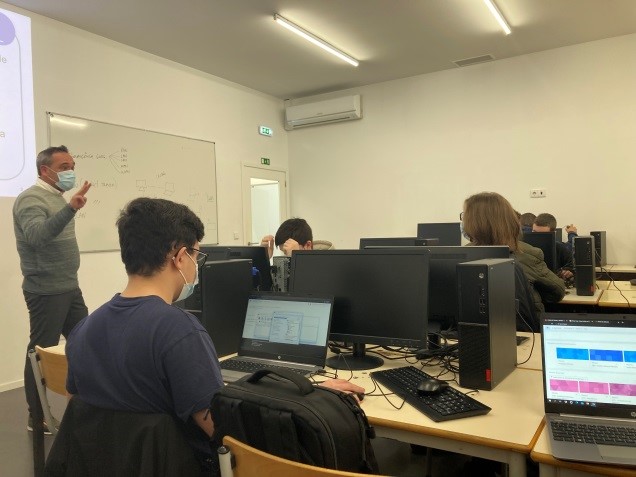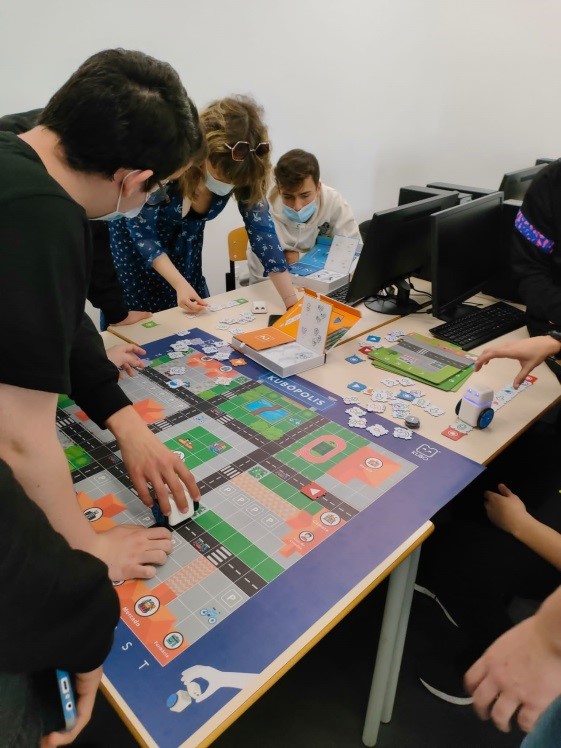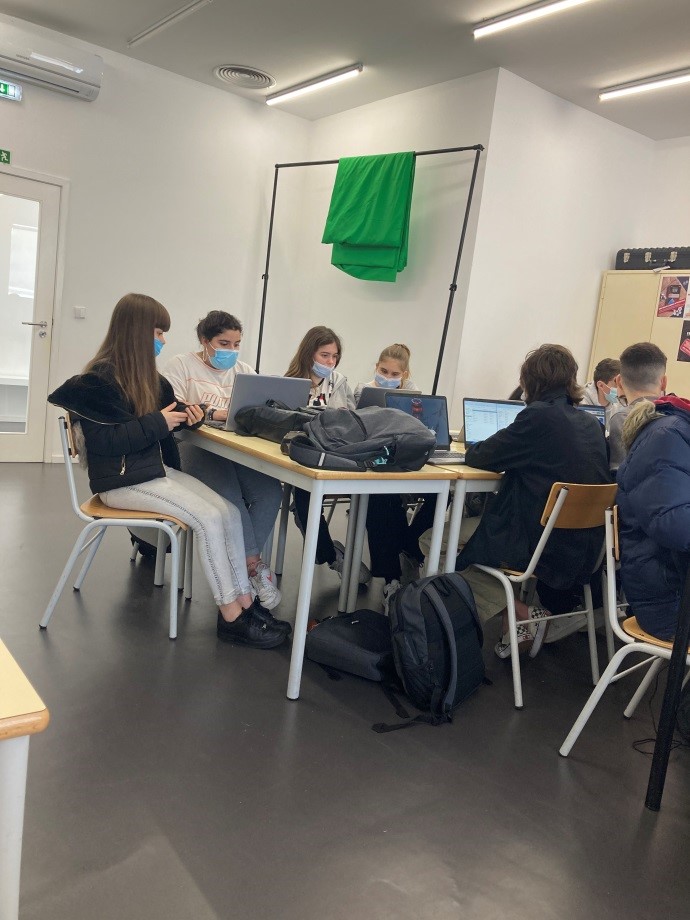The need and necessity for lifelong and life-wide learning is still present in our society, not to say more than ever before, because of the constant changes in both people’s private and professional lives. The exodus of baby boomers poses major problems for companies; it is this generation in particular that holds specialist positions in companies today, and colleagues who are also active are unable to take time off to gain further training. The search for a balance between family, work and lifelong learning is more challenging than ever.
The increasing demand for blended and online learning is part of the transition to the life, learning and work of the future.
Expert teachers were teachers who succeeded in creating an optimal learning climate in the classroom using well-known teaching methodology, they succeeded in creating a safe learning climate and in supporting and guiding their learning community in their classroom. An optimal learning climate in the classroom means that an atmosphere of trust is created.
This is a climate in which it is self-evident that mistakes can be made, because making mistakes is the core of learning. In this environment, mistakes are welcome, questions are free, involvement is the norm and learners show that they can learn effectively. Today’s challenge is to do the same in an online environment. This project creates, guides and supports online learning communities. We find out what the most ideal blends in learning are: a blend of online collaborative learning combined with collaborative learning in real life/in the classroom and a blend of individual online learning and collaborative online learning in a group.
Over the past decades, teachers have built up a great deal of expertise in creating and support/tutoring professional learning communities within the four walls of the classroom. The change in the adult learner’s way of learning is forcing teachers to adapt their way of teaching. More and more, the adult learner wants tailor-made lifelong and life-wide (co-)learning independent of place and time. An answer to this changing need and ‘new’ way of learning can partly be provided by using the possibilities of the ‘new’ technologies. But a new form of learning also requires a new form of teaching. One of the many challenges today is to also create and support professional learning communities in a blended environment or in a complete online environment. The implementation of such a learning management system not only involves substantive challenges, but also many practical and organisational challenges. The aim of this project is to learn with and from each other how best to facilitate such transition processes, how to create, guide and support online learning communities, what the differences are between the known didactics and the e-didactics, which in many cases strongly deviate from the familiar general and more specific professional didactics. By following a few courses, we investigate the differences between the known didactics and the ‘new’ e-didactics, between working in real life with a professional learning community in a classroom context and working with a professional online learning community in a virtual context. We look at how we can support and coach our employees in our own organizations to make this transition a reality and see with our students how they experience this.
One of the many challenges today is to achieve the same in a blended environment or in a full online environment.
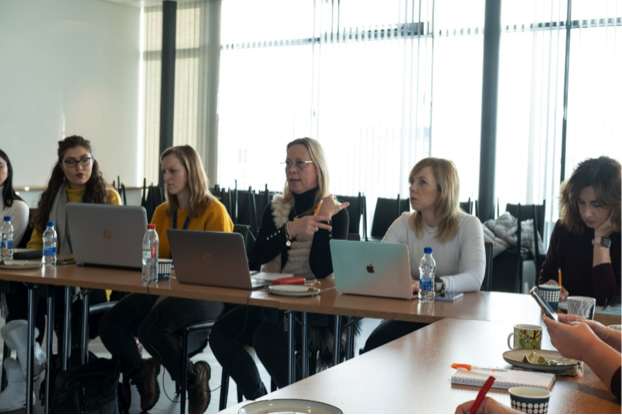
This project involves organisations from Northern Macedonia, Spain, Iceland, Scotland and Belgium. A total of 6 peer evaluations are being carried out. Based on these peer evaluations we make an inventory of our joint lessons learned and we support each other in further optimizing each other’s practice by searching together for answers to each other’s learning questions and providing each other with some advice. Through the sharing of good practices, we explore the differences between known subject didactics and e-didactics, between working in real life with a professional learning community in a classroom context and working with a professional online learning community in a virtual context. We look at how we support and coach our employees in our own organizations to make this transition a reality and check with our learners how they experience this. Although this is not a KA2 project innovation, we still realize a certain output; at the end of this project we create an overview of our lessons learned as well as an overview of meaningful courses/workshops and tools for our employees.
